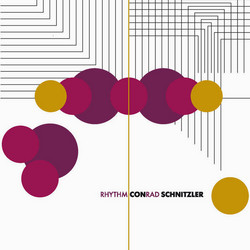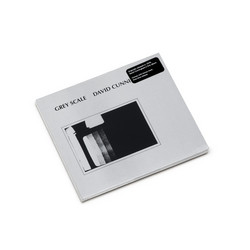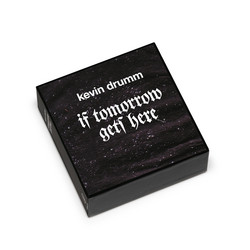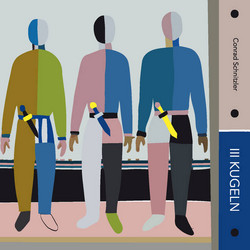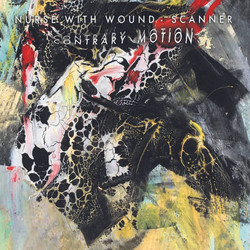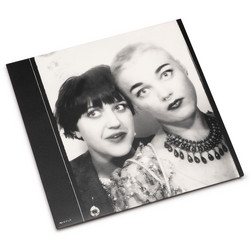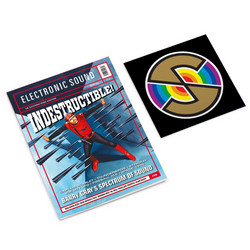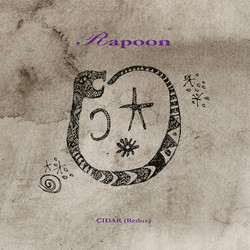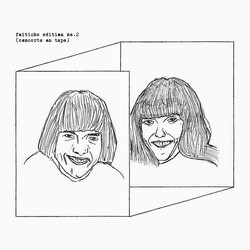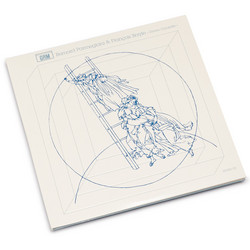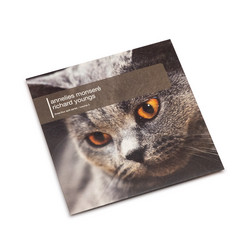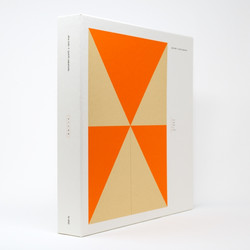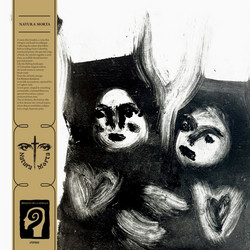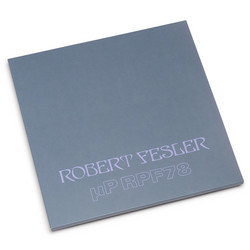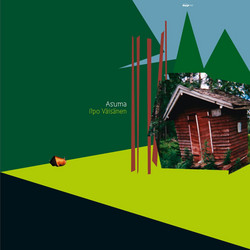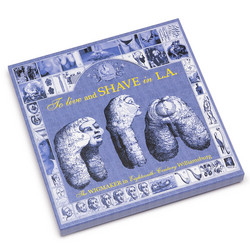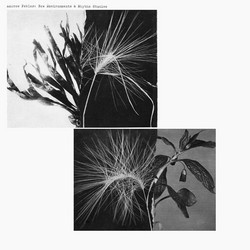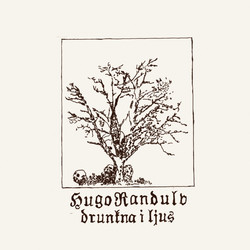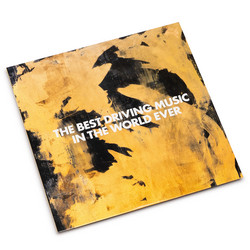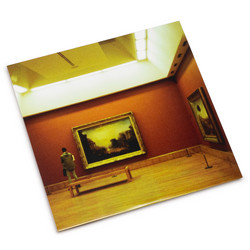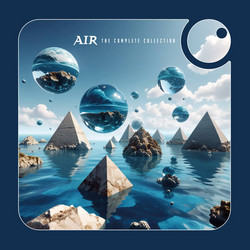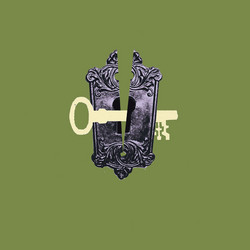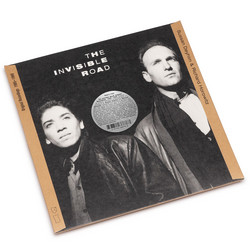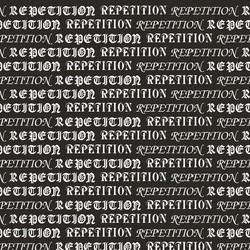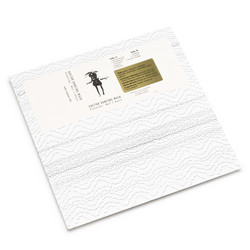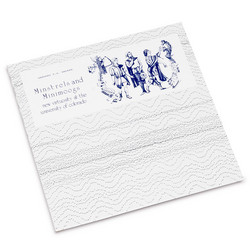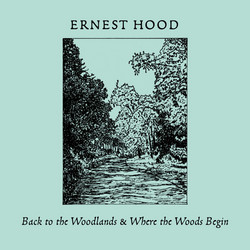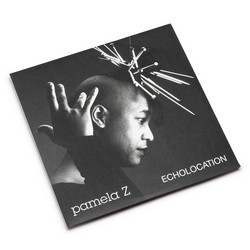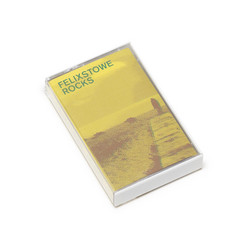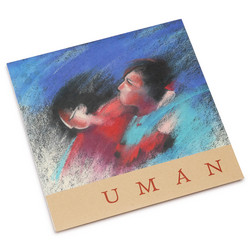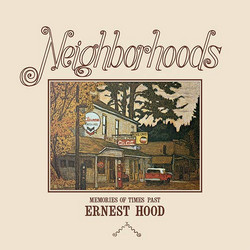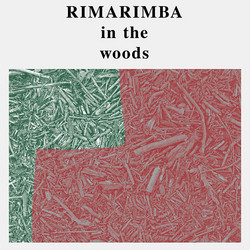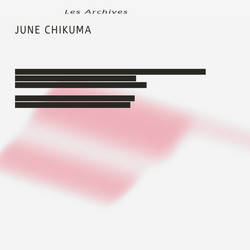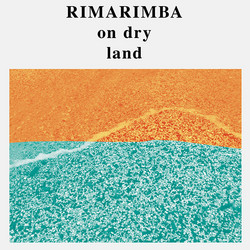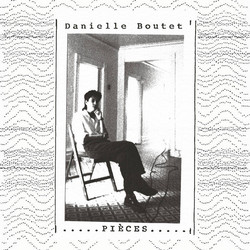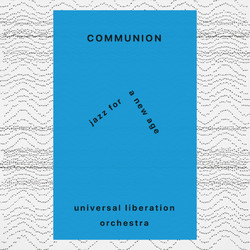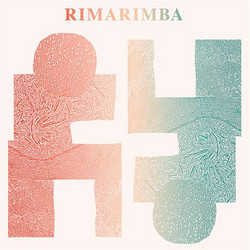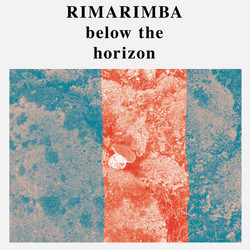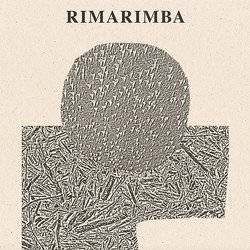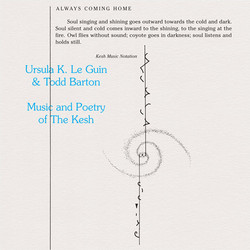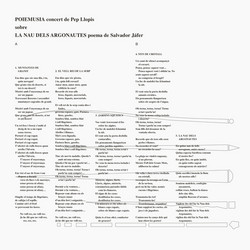This year has been an incredible period for avant-garde, Minimalist, New Age, ambient, and electronic reissues. One after another, many of the most coveted and rare LPs from these movements have emerged from the shadows. While each of these movements had a tendency to avoid easy categorization, the reissue market has largely veered toward those whose location can be easily understood, offering less attention to those members whose work fell into the spaces between. With their fourth release since merging earlier this year, Freedom to Spend, the latest RVNG sub-imprint, sheds light on one such case with a reissue of Richard Horowitz’s stunning Eros In Arabia from 1981, originally privately issued on his own Ethnotech Records.
Even for the most dedicated fans of the avant-garde, Richard Horowitz’s name if fairly obscure. Like many, he’s been there all along, laboring just out of view - bridging the territories of free-jazz, high Minimalism, and ambient flirtations with New Age. Between the late 1960’s and the early 80’s he lived in Paris and Morocco, recording Oblique Sequences at IRCAM, Pierre Boulez’s computer music studio in Paris, for Shandar Records, and performing throughout Europe with Alan Silva’s Celestial Communications Orchestra during 1971, as well as with Steve Lacy, Anthony Braxton, Robin Kenyatta and Bobby Few over course of the decade. During the early 80’s he returned to America, falling into the circles around Lou Harrison and La Monte Young, and beginning a working relationship Jon Hassell, with whom he recorded and toured with extensively during the period.
Shortly following his return, Horowitz self-released his now legendary Eros In Arabia under the moniker Drahcir Ztiworoh. Pairing the ney cane flute with the Prophet-5 synthesizer, the album is singular in the canon of American avant-garde music - drawing on ancient musical traditions - those of Java, Rajasthan, Morocco, and the Sufis, microtonality and Minimalist technique, intertwined with ambiences and emotional depth of the New Age movement, with nods to Conlon Nancarrow and John Cage. It is a rippling hybrid of sonic brilliance, dancing the razors edge between chaos, chance, and tightly wound knots of organized structure. Filled with shimmering synthesizer passages, pulsing and hypnotic repetitive rhythms, and stunning flute cycles, Eros In Arabia is one of the true lost marvels of American Minimalism - long overlooked, and now entering the world in its rightful place next of the brilliant masterworks of its day in the hands of Freedom to Spend. Filled with endless surprise - an absolute marvel, we can’t express how excited we are about this one. Yet another entry by and imprint which, during its short tenure, has already raised the bar in the field of ambience and obscure music. Grab it fast, this one won’t sit around for long.
"Incredible recordings made by Richard Horowitz in 1981 (while at Ircam in Paris). This vibration is cast into new dimensions. Liberating Eros, it circles the globe, backwards and forwards, flowing to and through us. It is said the artist has a gift— suited for the erotic life of property. On Eros in Arabia, Richard Horowitz channels this vibration and bends bandit sounds by pairing the ancient ney cane flute with the Prophet-5 synthesizer. Interspersed with other instruments and ideas, like echo delayed Moroccan drumming and self-made magic, these elements deal in duality like the ever-shifting characteristics of the composer: the Hollywood Horowitz who scores films like The Sheltering Sky and Any Given Sunday, and the Morocco Horowitz who founded the Gnaoua Festival in Mogador, attended by 500,000 people every year.
Working in natural succession from end to beginning, “Elephant Dance” demonstrates the central synth and ney node to explore energetic sound patterns Horowitz imagined to be played in the 16th century on the island of Java, around the time Sufi’s may have arrived in Indonesia. Delicately trampling the twenty minute mark, the piece offers an immersive climate of microtones that might, with the primordial matter of love, alter DNA. “Baby Elephant Magic” is “Elephant Dance” but sped up— producing digital baubles that sound less like an Indonesian forest, more like an urban hive of mechanical insect interaction.
The piano on “23/8 for Conlon Nancarrow,” with John Cage technique at play, is played “as fast as possible by a human.” The sounds are driven to derail from the space time continuum. On “Never Tech No Foreign Answer,” a cheap cassette recorder microphone captures the Prophet-5 left to the devices of its master’s inner clock, taking on a frenzied sound form that vibrates in place before bouncing off the tape case walls. Chaos is concentric.
“Queen of Saba” incorporates the vocals of long-time collaborator, Sussan Deyhim. Described as one of Iran’s most potent voices in exile, Deyhim’s work is in both the tradition of Sufis and the late feminist poet, Forough Farrokhzad. Recently Deyhim and Horowitz worked together on a multi-media performance based upon Forrokhzad’s Iranian New Wave film, The House Is Black. Here Deyhim performs a taḥrīr where vocals go low to high without any semantically meaningful words. Horowitz’s associations with great cultural icons of the Middle East, like these women, soften (in)appropriations.
Less aggressive than its predecessors, “Eros Never Stops Dreaming” introduces the bendir frame drum, the feathery wind of the ney floating above its bowing rhythm with effortless mathematics. “Bandit Nrah Master of Rajasthan” begins where the album ends, an ode to Shakuhachi flute players known to indulge in both trance-inducing circular breathing and espionage.
Horowitz is linked with the worldly sound seeking circles of minimalist and avant-garde New York City musicians, especially Lou Harrison and La Monte Young, with whom Horowitz shared Shandar as a record label momentarily. He recorded and toured with Jon Hassell and collaborated with David Byrne and Brian Eno, Jean-Philippe Rykie, and Bill Laswell. Along his travels he befriended Brion Gysin and Paul Bowles, the latter whom mentored Horowitz over decades of correspondence, some of which documents the making of Eros and comes quite literally with this edition.
A record of physical and intellectual love for Arabia, FTS extends this flowing forward and backward – a shimmer that reverses the backward spelling of Ztiworoh. Eros is presented in the ever present. To borrow from a song title, Horowitz remains gainfully employed as an “inter-dimensional travel agent.” label press
